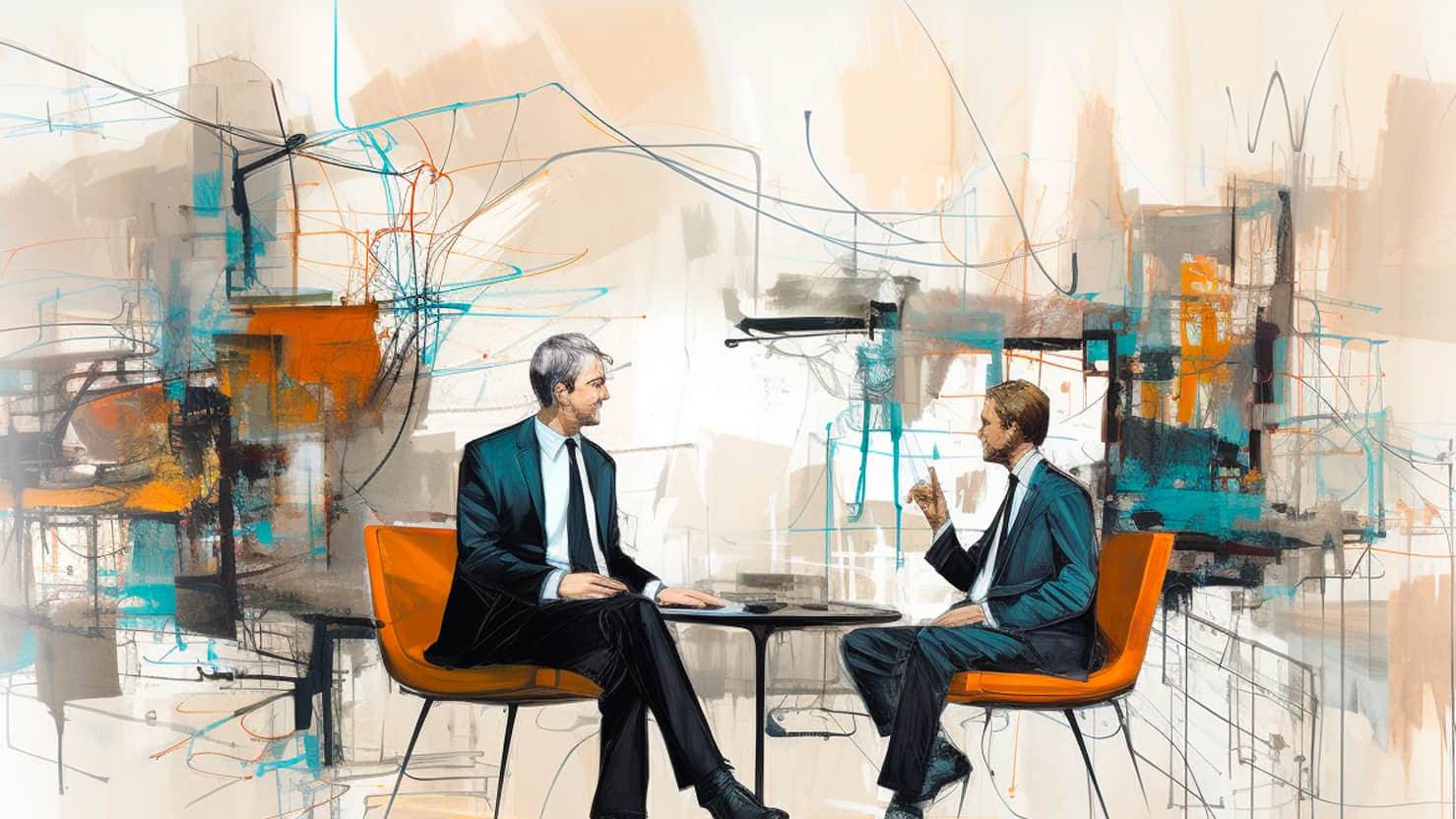My wife pointed me to an LA Times story today that made me cringe…The article recounted how TV personality Bill Nye (“The Science Guy”) suddenly passed out while speaking at USC. While this caused a tense moment, he appears to be okay now. However, what incensed me was how the crowd reacted. Witnesses noted the crowd did nothing, they did not come to his aid, and they were of no help to Bill whatsoever. But the audience was oh-so quick to grab their phones and tweet/IM/Facebook about what they were watching. Therein lies the problem – they were watching, not acting. In today’s post, I’m going to explore responsibility as it relates to social media – the responsibility that comes with living in the real world vs. a perpetual state of virtual reality.
As most of you know, I’m a big fan of social media. I use it personally and my company has a social media practice area that offers social media services to our clients. But when social media addiction takes precedence over common sense, over helping another human being, it may be time to reassess the world in which we live. Social tools, platforms, and networks are meant to be conduits to broader and deeper relationships. The real benefit of social media is in improving how we interact not in creating barriers to engagement. The digital world is at its best when it brings us closer together and at its worst when it moves us further apart.
I probably wouldn’t even bring up this topic if what happened to Bill was an isolated event, but it’s not. I have observed other reports where people have been attacked, injured, or were otherwise in need of help but didn’t receive it because bystanders would simply rather standby than help. They would rather shoot a video, bang out a tweet, or just go on ignore rather than help a fellow human being…
Let me be clear – I’m not attempting to dismiss the value of social media, because it would take contriving an intellectually dishonest argument to attempt to nullify something that offers so many benefits and so much potential. In fact, I hope that some in Bill Nye’s audience were attempting to contact emergency services, but I rather suspect that this was not the case for most of them.
Let me ask you a few questions: Which world do you live in – the real world or the virtual world? Are you still able to distinguish the difference between the two? The term “virtual reality” derived its name for a reason…because it’s NOT real – it’s virtual, simulated, and it can easily become fantasy if you lose touch with reality. Even scarier is when the ambiguous and ethereal become your reality. If you choose voyeurism over real relationships you have precariously positioned yourself on a very slippery slope. It’s perfectly fine to spend time in the virtual world if you recognize it as such. So, are you still in touch with reality? Do you avoid human relationships in lieu of online relationships? Are your online relationships adding value to your personal and professional life or harming them? Would you reach out to another human being in need of help or just tweet about it?
The simple message here is anything can be misused, or abused. Anything can become an addiction or an idol – even something as wonderfully powerful as social media. I have no problem with social media if it’s adding value to your world. I have no issue with social media being used to help people as has been the case on numerous occasions around the world. But I do have an issue (and so should you) if social media is cutting you off from the real world, and is keeping you from helping others. When black & white becomes permanently blurred so that everything reads as shades of grey, things can become dicey. Real-life is not a spectator sport – it’s a participation sport, and in fact, I submit to you that it’s a full-contact participation sport.
As always I welcome your comments below…
Mike Myatt
Mike Myatt is a leadership advisor to Fortune 500 CEOs and their Boards of Directors. Widely regarded as America’s Top CEO Coach, he is recognized by Thinkers50 as a global authority on leadership. He is the bestselling author of Hacking Leadership (Wiley) and Leadership Matters… (OP), a Forbes leadership columnist, and is the Founder at N2Growth.
Areas of Expertise

EXECUTIVE SEARCH
Our executive search practice focuses on senior executive, board and C-Suite searches. The world’s leading brands seek our counsel to build best-in-class leadership teams, to manage performance, and for succession planning.

LEADERSHIP DEVELOPMENT
Our broad portfolio of executive coaching & leadership development services pushes companies and teams to greatness, whether through 1:1 executive coaching or enterprise-wide leadership advisory. There actually is a silver bullet in business – it’s called great leadership.

